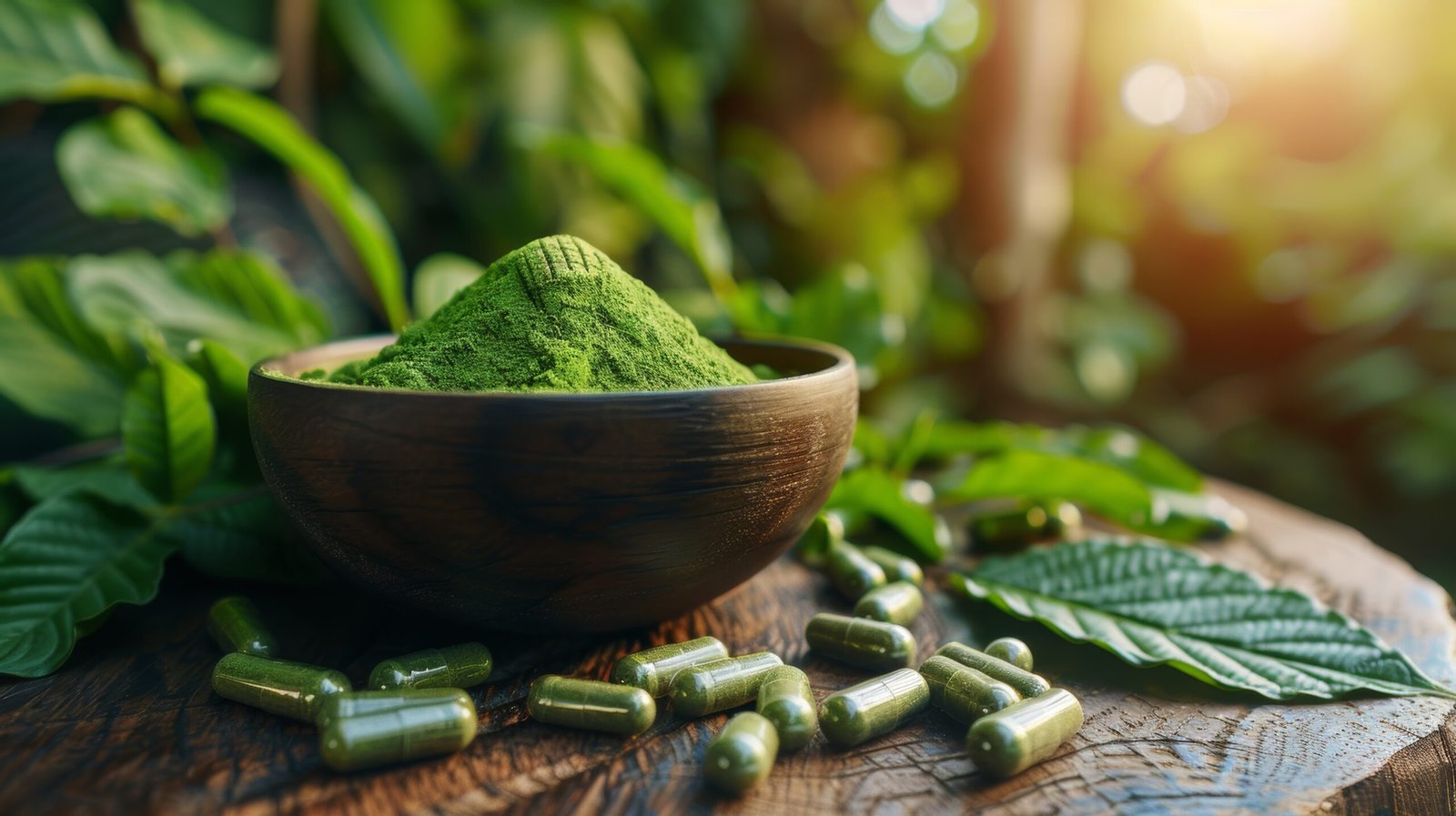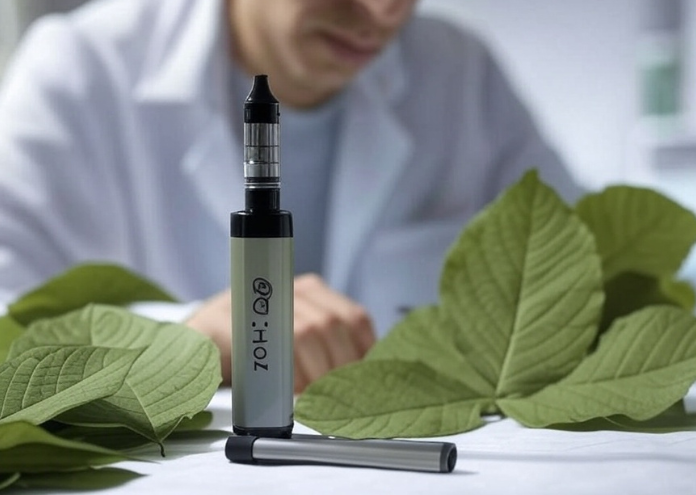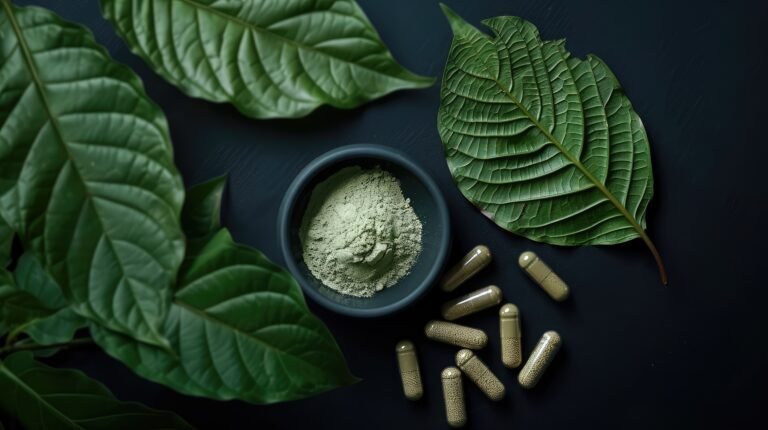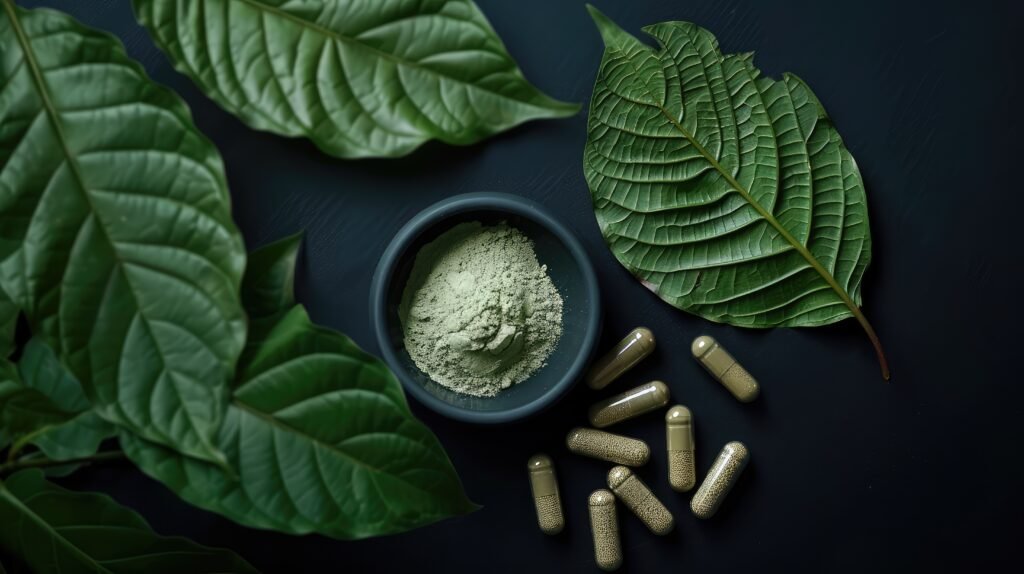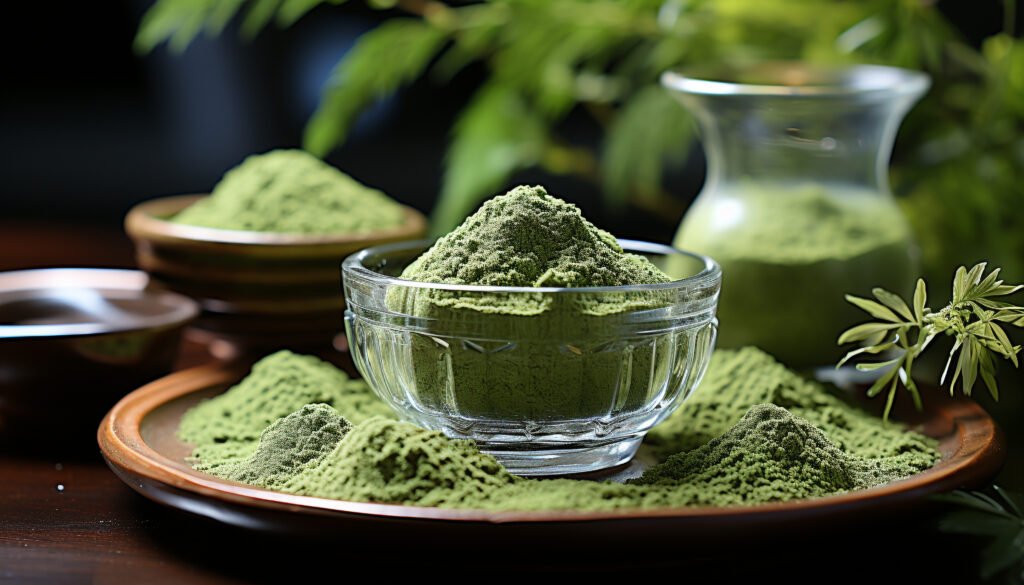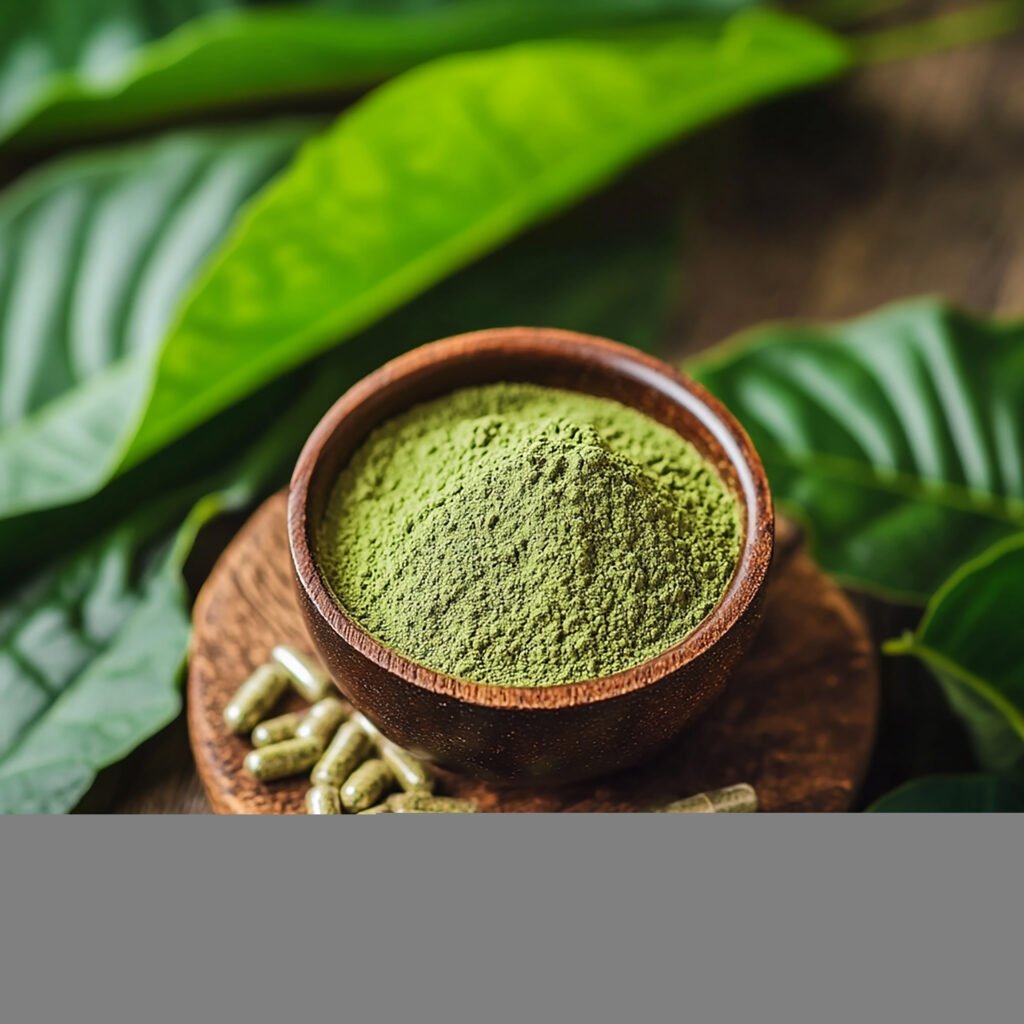Kratom (Mitragyna speciosa) has become a popular herbal supplement in recent years, praised for its potential benefits in pain relief, energy enhancement, and mood improvement. However, its rise in popularity has not come without controversy, particularly concerning its regulation by the Food and Drug Administration (FDA). In this blog, we will explore the current status of kratom, the FDA’s stance on its use, and the implications for consumers.
Understanding Kratom
Kratom is a tropical tree native to Southeast Asia, where its leaves have been used for centuries for their stimulant and sedative effects. The leaves contain various alkaloids, primarily mitragynine and 7-hydroxymitragynine, which interact with the body’s opioid receptors. Depending on the dosage and strain, kratom can provide a range of effects, from increased energy and focus to pain relief and relaxation.
The FDA’s Stance on Kratom
The FDA has expressed significant concerns regarding kratom, primarily due to its safety profile and potential for abuse. Here are some key points regarding the FDA’s position:
- Safety Concerns: The FDA has received numerous reports of adverse events associated with kratom use, including respiratory depression, addiction, and withdrawal symptoms. The agency has also noted that kratom may contain contaminants and impurities, especially in products that are not subject to quality control.
- Lack of Approval: Unlike traditional pharmaceuticals, kratom has not been approved by the FDA for any medical use. The agency has classified kratom as a “drug of concern” and has warned consumers about the potential risks of using it.
- Scientific Research: The FDA emphasizes the need for more research to understand the safety and efficacy of kratom. While some studies suggest potential therapeutic benefits, the lack of comprehensive clinical trials has hindered the establishment of clear guidelines for safe use.
- Legal Status: While kratom is legal in many states, the FDA has been active in attempting to restrict its availability. The agency has supported efforts to regulate or ban kratom at both the federal and state levels. Some states have already implemented bans or restrictions on its sale.
- Public Health Advisory: The FDA has issued public health advisories about kratom, urging consumers to avoid using the substance. The agency recommends consulting healthcare professionals for alternative treatments for conditions such as pain, anxiety, and depression.
The Kratom Community’s Response
In response to the FDA’s stance, many advocates and users within the kratom community have voiced their concerns about the agency’s approach. Here are some common arguments:
- Natural Alternatives: Supporters of kratom argue that it offers a natural alternative to pharmaceutical medications, particularly for individuals seeking relief from chronic pain or substance withdrawal. They claim that kratom can be an effective option for those who have not found success with conventional treatments.
- Regulation Over Ban: Many in the kratom community advocate for regulation rather than outright bans. They argue that regulated products could ensure quality control, reducing the risk of contamination and ensuring safer consumption.
- Personal Freedom: Advocates also emphasize personal choice and autonomy, arguing that adults should have the right to make informed decisions about their health and wellness, including the use of herbal supplements like kratom.
- Research Funding: Some supporters have called for increased funding for research into kratom to better understand its effects, benefits, and potential risks. They argue that more comprehensive studies could help inform guidelines for safe usage.
Navigating Kratom Use
For individuals considering kratom as an alternative remedy, it is crucial to approach it with caution. Here are some guidelines for safe usage:
- Educate Yourself: Understand the potential benefits and risks associated with kratom. Research different strains and their effects to make informed decisions.
- Consult a Healthcare Professional: Before starting kratom or any new supplement, consult with a healthcare professional, especially if you have underlying health conditions or are taking other medications.
- Start with Low Doses: If you decide to try kratom, begin with a low dose to assess your body’s response. Monitor for any adverse effects and adjust the dosage accordingly.
- Be Aware of Legal Status: Stay informed about the legal status of kratom in your state or country, as regulations can change frequently.
- Use Quality Products: If you choose to use kratom, select products from reputable sources that provide transparency regarding their sourcing and testing for purity.
Conclusion
Kratom presents a complex and often controversial subject, especially regarding FDA regulations. While many users praise its potential benefits, the FDA’s concerns about safety and efficacy cannot be ignored. As consumers navigate this landscape, it is essential to stay informed, consider personal health needs, and approach kratom with caution. The ongoing dialogue surrounding kratom may lead to more research and better understanding of its role in wellness, but until then, informed choices remain crucial for those interested in this herbal supplement.

